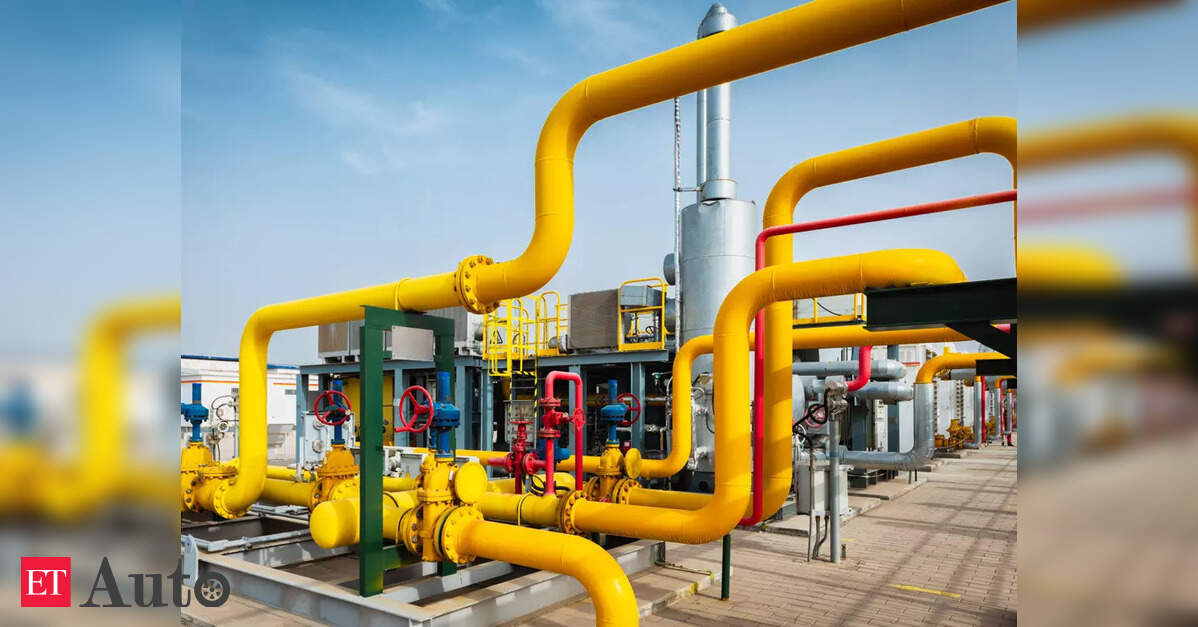Indian Oil Corp Plans Shift to Sustainable Aviation Fuel Production in Panipat Refinery Upgrade
Key Ideas
- Indian Oil Corp intends to upgrade its Panipat refinery's diesel desulphuriser unit to produce sustainable aviation fuel (SAF) by next year.
- The shift aligns with India's goal to have 1% SAF in aviation fuel by 2027, increasing to 2% by 2028.
- Additionally, Indian Oil plans to invite bids for a green hydrogen plant and a sustainable aviation fuel project, emphasizing a commitment to green energy.
- The company has set ambitious targets for refiners to meet half of their hydrogen demand through green hydrogen by 2030.
Indian Oil Corp, the largest refiner in India, announced plans to upgrade its 300,000 barrels-per-day diesel desulphuriser unit at the Panipat refinery to focus on producing sustainable aviation fuel (SAF) by next year. The refinery's head of refineries, Arvind Kumar, shared this update at an industry event in New Delhi. The overhaul of the diesel unit is scheduled for late this year or early next year. India aims to introduce 1% SAF in aviation fuel by 2027, with a subsequent increase to 2% by 2028. The diesel production will not be impacted during the upgrade as there are additional diesel hydrotreaters at the Panipat site.
The upgraded unit will have the capacity to process used cooking oil (UCO) to generate 30,000 metric tons per year of SAF. Indian Oil also plans to enhance kerosene-producing units at other refineries to manufacture SAF. Furthermore, the company will be initiating bids for a 70,000 tons-per-year green hydrogen plant and a sustainable aviation fuel project. Indian Oil has already awarded a bid for constructing a 10,000 tons-per-year green hydrogen facility to Larsen and Toubro. The green hydrogen will be sold to Indian Oil at 397 Indian rupees ($4.64) per kilogram. In line with national objectives, India aims for refiners to fulfill 50% of their hydrogen requirements through green hydrogen by 2030.
